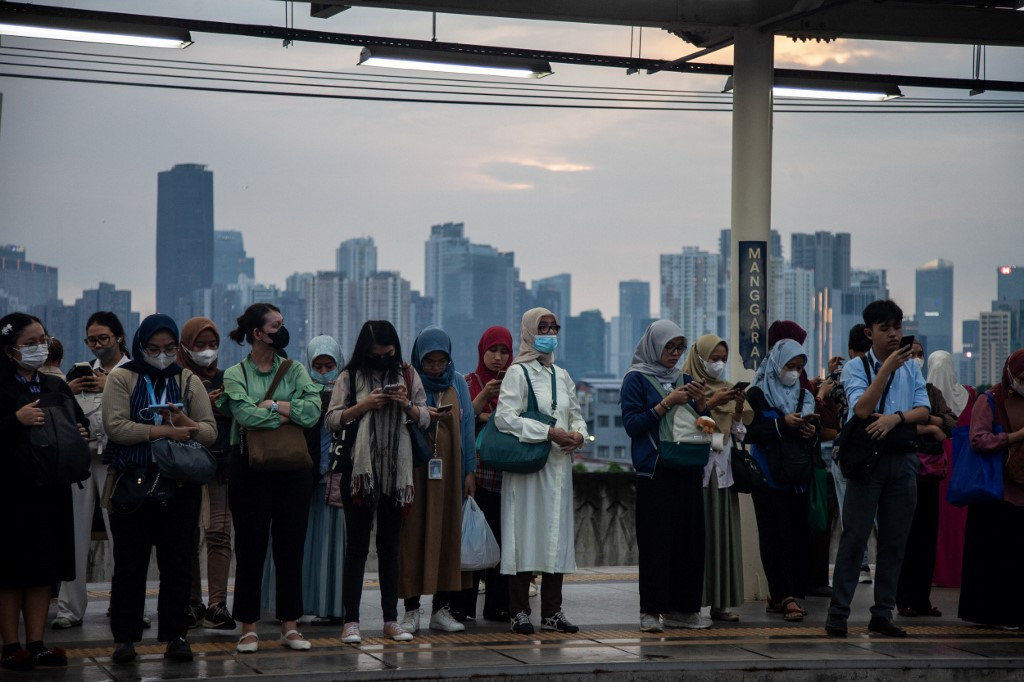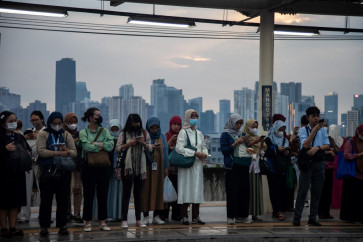Popular Reads
Top Results
Can't find what you're looking for?
View all search resultsPopular Reads
Top Results
Can't find what you're looking for?
View all search resultsWhen job hugging becomes a way of survival
The measure of development success should not stop at lower unemployment, it also must include the improvement of job quality.
Change text size
Gift Premium Articles
to Anyone
A
cross many Indonesian workplaces today, there is a quiet behavioral pattern rarely captured in headline statistics: people “hug” their jobs, not because they are satisfied, but because the alternatives seem bleak or nonexistent. What we call job hugging is not about loyalty; it is a rational strategy of survival for millions of workers who face a labor market offering more uncertainty than security.
The National Labor Force Survey (Sakernas) report in February reinforces this picture: of 145.77 million people employed, 59.4 percent, around 86.58 million, work in the informal sector. This share has remained persistently high over recent years, reflecting a labor market structure that has changed little. For a minority of the workforce, having a job with a contract and social protection remains a privilege rather than a right.
When the majority of workers depend on informal activities, the measure of development success should not stop at lower unemployment; it also must include the improvement of job quality. Sakernas also recorded an open unemployment rate of 4.76 percent, the lowest in a decade. However, while many workers are classified as “employed,” they work without formal contracts, without full access to social protection and often with long working hours or unstable income.
The structure of employment reflects a persistent dualism. Agriculture continues to absorb a large share of the workforce; informal trade and services act as buffers; and the sector expected to drive formalization, manufacturing, remains relatively stable without significant formal job expansion.
In February, manufacturing accounted for 13.45 percent of main employment or about 19.6 million workers, which is slightly higher than the 18.6 million workers in February 2022. This shows that while manufacturing remains crucial, its growth has yet to shift the labor structure toward large-scale formalization.
This shows a simple but profound fact: most workers hold on to their jobs not because they are drawn to their quality, but because their livelihoods depend on them. Other indicators support this conclusion. Part-time workers who do not wish to increase working hours made up 25.81 percent of the employed, while about 11.67 million were underemployed, those wanting to work more hours. The average monthly wage of employees stood at around Rp 3.09 million (about US$185), reinforcing the reality that many existing jobs remain precarious and insufficient to ensure decent living standards.
This creates a productivity trap. Workers who fear losing their livelihoods are less likely to take risks, less likely to take part in training, switch sectors or restructure their skills, because leaving their current job offers no guarantee of finding a better one.



















